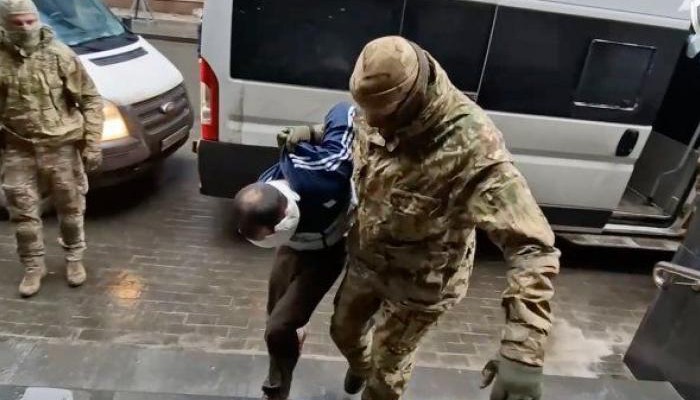Was the US behind the Moscow terror attack?

The Ukraine war could be poised to take a dramatic new turn
The terrorist operation in Moscow’s Crocus City Hall centre, which killed 143 people and injured hundreds of others, mostly concertgoers, was clearly carried out by a group that had been given serious military training. It could mark a paradigm shift in the Ukraine war presaging a strategic escalation and NATO’s official entry into the war.
Two weeks earlier, the US embassy in Moscow had warned its citizens that extremists were planning imminent attacks on large gatherings, including concerts, in the Russian capital, and warned them to stay away. That foreknowledge of the planning and execution of the operation raised suspicions about a degree of complicity. Washington’s denunciation of the atrocity, and swift disavowal of involvement, cannot be taken at face value.
When the initial warning was made, Russian Foreign Ministry Spokeswoman Maria Zakharova remarked that if the US had information about terrorist actions of such enormity, it should have shared it with Russia. That was the first official hint from Moscow of suspected American complicity.
Two years into the Ukraine war, the US has begun to sense defeat. Russia has made a succession of gains, taking control of the Donbas region and annexing it after holding referendums.
Large-scale US and NATO intervention — on the material, military, and intelligence fronts — failed to achieve any major success. Russia did not collapse under the weight of draconian sanctions. Its economy remains strong. The predicted colour revolution never happened, nor the anticipated military coup to depose Putin.
The opposite occurred, with the Russian president getting re-elected with an 87% majority on a 74% turnout.
The resort to terrorist attacks in Moscow could be a mark of the US’ frustration and a response aimed at expanding the scope of the war. But that would not only be a losing bet. It could bring the prospect of a catastrophic nuclear war closer.
Putin announced on Saturday night that the eleven people involved in the attack, including four direct participants, had been apprehended.
Meanwhile, the editor-in-chief of the Russia Today broadcast network, Margarita Simonyan, published video excerpts of the interrogation of one of the suspects. He identified himself as Feredoun Shamsedin, born in 1988, who arrived in Russia from Turkey on 4 March. He said he had been recruited via Telegram after following an extremist preacher, by someone who offered him 5 million roubles ($5,000) to conduct a mass killing in Moscow. Half of the money was transferred to him in advance.
I met Ms. Simonyan when I visited Moscow recently. She was constantly accompanied by a security detail because she had been subjected to death threats. She said she believed the Crocus atrocity was masterminded by the Ukrainian regime, rather than by ISIS as the US media were claiming. Putin’s subsequent assertion that the perpetrators were arrested while heading towards the Ukrainian border reinforced that accusation.
Russia’s fingers of blame pointed at Ukraine were a portent of fierce retaliation. It seems to have already begun. Former president and current deputy national security chief Dmitri Medvedev warned immediately after the massacre that Russia would hunt down any Ukrainian leaders proven to have been involved.
Reading between the lines, that may imply that Ukrainian President Vladimir Zelensky could be top of the target list.
Two days before the Crocus attack, Putin threatened Ukraine with ”war’—abandoning the term special military operation’ — in response to French President Emanual Macron’s hint that NATO could send 90,000 fully equipped troops to Ukraine. Under Russian military doctrine, a declaration of war authorises the use of all available means, including nuclear weapons.
The US administration, disoriented and defeated in Ukraine and (so far) the Middle East, is fueling this escalation against Russia. It is the primary beneficiary of the Crocus attack. Not just to destabilise Russia by stoking ethnic tensions, but also to divert international attention away from its collusion in Israel’s genocidal war on Gaza and the failure of its cynical attempt at the UN Security Council to sustain it under the guise of favouring (but not actually calling for) a cease-fire.
Putin won’t forgive this assault on his capital while it was celebrating the renewal of his presidential term. He is likely to make the US and Ukraine pay a high price. And that, I have been reliably informed, will extend to our Arab world.
https://www.raialyoum.com/was-the-us-behind-the-moscow-terror-attack/
 TheAltWorld
TheAltWorld 
0 thoughts on “Was the US behind the Moscow terror attack?”